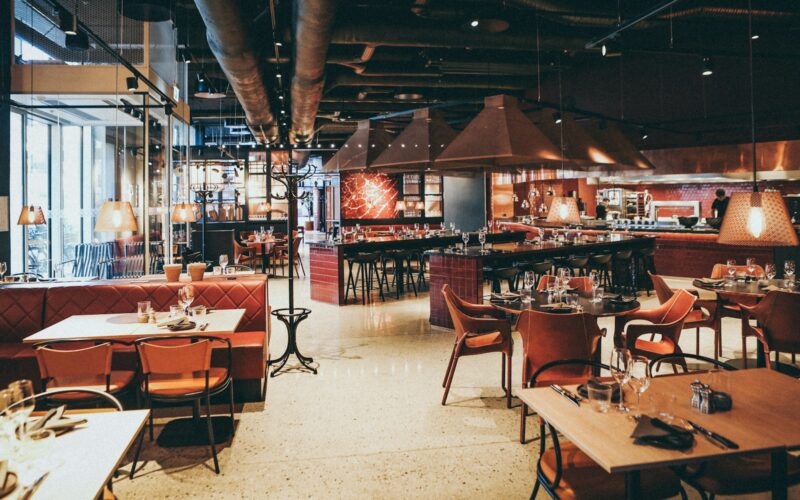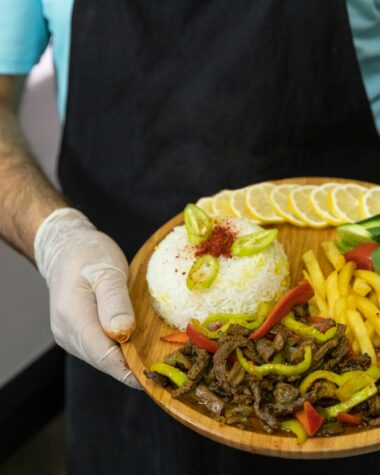Walk down any street and you’ll find dozens of restaurants, each trying to tempt you inside. But only a handful ever become more than just places to eat. Some transform into local legends, woven so deeply into the identity of a city or town that people speak of them with reverence. These are the restaurants that shape culture, memory, and community. They don’t just serve food—they serve belonging.
What makes a restaurant cross that line from ordinary to legendary? It’s never just one factor. It’s a blend of tradition, consistency, personality, and the way they make people feel.
1. The Power of History
Time as an Ingredient
Many legendary restaurants have been open for decades, sometimes even centuries. They’ve witnessed generations walk through their doors, and each plate of food feels like a continuation of that story. Eating there becomes a ritual, one that links the past to the present.
Familiar Comfort
Customers often return not only for the taste but for the comfort of something unchanged. The chair may be creaky, the walls might hold photographs from another era, yet the sense of continuity gives the restaurant its legendary status.
2. Food That Defines a Place
Signature Dishes That Speak for the City
Some restaurants earn their reputation by perfecting one dish so well that it becomes inseparable from the city itself. Think of a soup that everyone craves on a rainy day or a grilled bread that every traveler is told to try. The dish becomes a symbol, and the restaurant becomes its home.
Consistency Over Hype
It’s not about shocking flavors or fleeting trends but about preparing the same dish with unwavering quality. Legends are made by repetition, not reinvention.
3. Personalities Behind the Counter
The Owners Who Become Icons
Often, the restaurant isn’t just known for its food but for the people behind it. A chef who greets you by name, a founder whose story resonates with locals, or a family that has served faithfully for generations—all these add soul to the dining experience.
Staff That Feels Like Family
When waiters and cooks stay for decades, the restaurant feels less like a business and more like an extended home. Guests return not only for the food but for the people who make them feel welcome.
4. Atmosphere That Can’t Be Replicated
Walls That Tell Stories
Some restaurants are legends because of their setting. Maybe it’s an old courtyard where lanterns cast shadows on stone walls, or a small space with hand-painted tiles that reflect generations of care. The food alone doesn’t make it; the environment completes the experience.
A Place That Holds Memory
Couples meet there, families celebrate milestones, and friends reunite after years apart. The restaurant becomes a keeper of stories, and in that sense, it’s irreplaceable.
5. The Role of Community
Serving More Than Meals
Legendary restaurants often become community centers without ever intending to. They sponsor local events, donate food during hard times, or simply open their doors to anyone who needs comfort. In return, the community protects and supports them, making sure they endure.
Word of Mouth as the True Advertisement
Rather than flashy marketing, these places survive through recommendation. One person tells another, who then tells their children, and soon the restaurant becomes an heirloom of taste passed across generations.
6. Resilience in Changing Times
Adapting Without Losing Identity
Economic shifts, new competitors, and global influences come and go. The restaurants that endure are those that know what to preserve and what to adapt. They keep the essence of their food and spirit intact while making subtle changes to stay relevant.
Standing Firm Through Hardship
Many legendary places have survived wars, recessions, or even natural disasters. Their ability to continue serving during times of uncertainty gives them a heroic quality in the eyes of locals.
7. The Emotional Connection
Taste as Memory
A dish isn’t just about flavor—it’s about the emotions it triggers. People return to certain restaurants because a meal there tastes like childhood, or reminds them of a loved one. That emotional connection is stronger than any menu innovation.
Part of Identity
For locals, these restaurants become part of who they are. To recommend the place to an outsider is like sharing a piece of their own story. That sense of pride ensures the restaurant’s legacy endures.
Conclusion
Some restaurants become legends not because they chase trends or strive for fame but because they stay true to their essence. They feed more than hunger—they feed memory, tradition, and community. In every bite, they serve up a piece of history and belonging.
When a restaurant becomes a local legend, it’s no longer just about the food on the plate. It’s about the people, the place, and the timeless feeling of coming home, no matter how many years pass.








